Legacy system modernisation
Update outdated IT and software systems
Our legacy system modernisation services are tailored to help businesses update outdated systems, ensuring they are robust, scalable, and ready to meet the demands of the modern digital landscape. By leveraging the latest technologies and strategic planning, we enable organisations to transform their legacy applications into efficient, high-performing assets.
We begin every modernisation project with a thorough assessment of your current applications. This involves taking an inventory of existing systems and evaluating their current state, challenges, and modernisation potential. Based on this assessment, we develop a detailed roadmap that outlines the goals, methodologies, timelines, and resources required to achieve successful modernisation.


Strategies we utilise
Our approach includes several key strategies to modernise legacy systems:
- Rehosting: Migrating applications to a new environment.
- Refactoring: Restructuring existing code to improve performance and maintainability.
- Replatforming: Moving applications to a different platform to enhance performance and scalability.
- Re-architecting: Redesigning the application’s architecture to meet modern standards.
- Full Replacement: Replacing outdated systems entirely when necessary.
To ensure that your modernised applications are future-proof, we incorporate cutting-edge technologies:
- Microservices Architecture: Breaking down monolithic applications into smaller, independent services that can be deployed and scaled individually.
- APIs: Exposing functionality via APIs to facilitate integration with other applications and services.
Trust the experts in legacy system modernisation
We prioritise reducing technical debt within legacy code by refactoring and restructuring it. This makes the code more maintainable and adaptable, setting the stage for a smooth transition to modern, cloud-native systems.
Security is a core consideration in our modernisation efforts. We integrate security measures including conduct comprehensive risk assessments, and ensure compliance with relevant regulations throughout the process.
We help businesses across a range of sectors modernise their legacy systems, enabling them to operate more efficiently, reduce costs, and stay competitive in a rapidly evolving digital environment.

Why choose us?
Comprehensive modernisation expertise
Our team possesses extensive expertise in legacy system modernisation, employing a strategic approach to assess and transform outdated systems. With a deep understanding of various modernisation techniques—such as rehosting, refactoring, and re-architecting—we tailor our solutions to meet your specific business needs, ensuring minimal disruption.
Cutting-edge technology integration
We leverage the latest technologies, including microservices architecture, APIs, automation, and artificial intelligence, to modernise your legacy systems. By incorporating these advanced solutions, we not only enhance the performance and scalability of your applications but also future-proof them, enabling your business to stay ahead in a rapidly evolving digital landscape.
Holistic security and compliance
Security is integral to our modernisation process. We integrate robust security measures from the outset, conduct thorough risk assessments, and ensure that your modernised systems comply with all relevant regulations. This holistic approach to security and compliance ensures that your modernised applications are not only efficient but also secure and reliable.
Our clients' reviews
Frequently asked questions
What is legacy system modernisation?
Legacy system modernisation is the process of updating and transforming outdated IT systems, software, and applications to meet current technological standards. This involves enhancing performance, cybersecurity, and functionality, ensuring these systems can support modern business needs and integrate with new technologies.
Why should we modernise our legacy IT systems?
What are the common strategies for legacy system modernisation?
How does data migration from legacy to new systems work?
What challenges can arise?
How do you ensure the security of modernised legacy systems?
Can legacy system modernisation improve our business operations?
What role does cloud computing play?
Cloud computing plays a vital role in legacy system modernisation by providing scalable, flexible, and cost-effective solutions. Migrating legacy systems to the cloud can improve performance, facilitate data migration, and enable access to advanced technologies such as AI and machine learning, thereby enhancing overall business capabilities.




